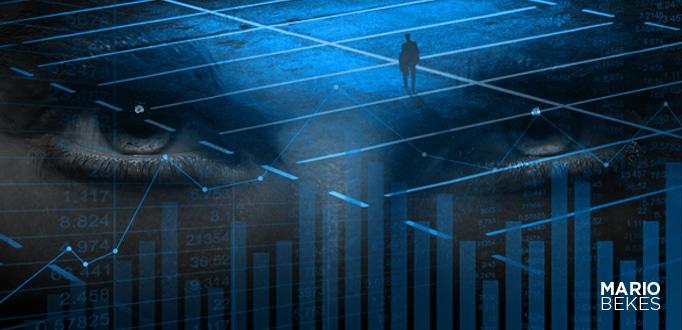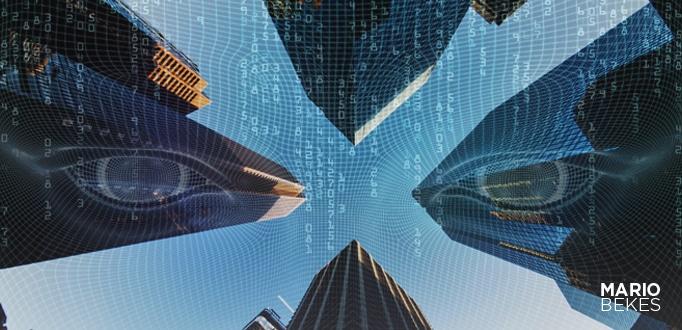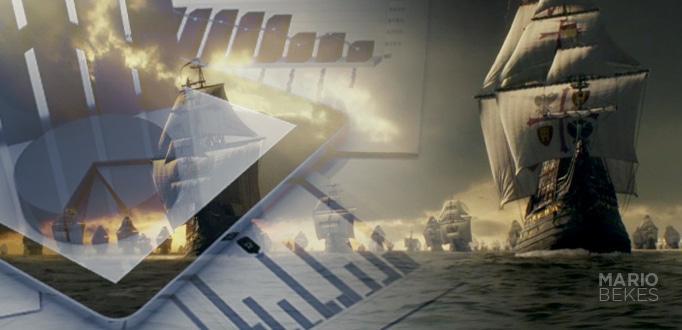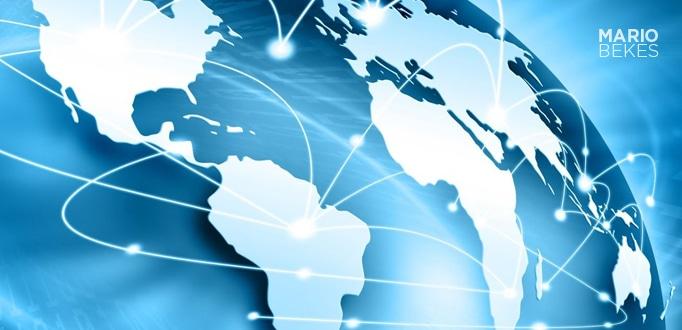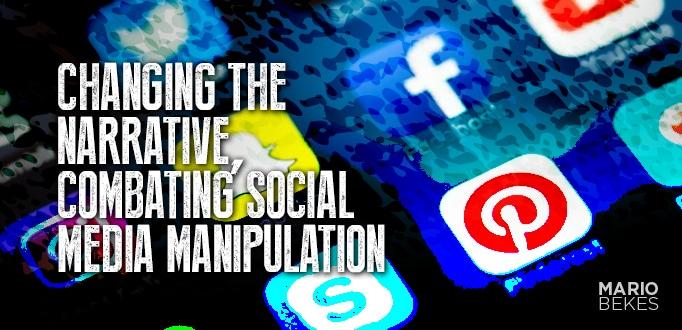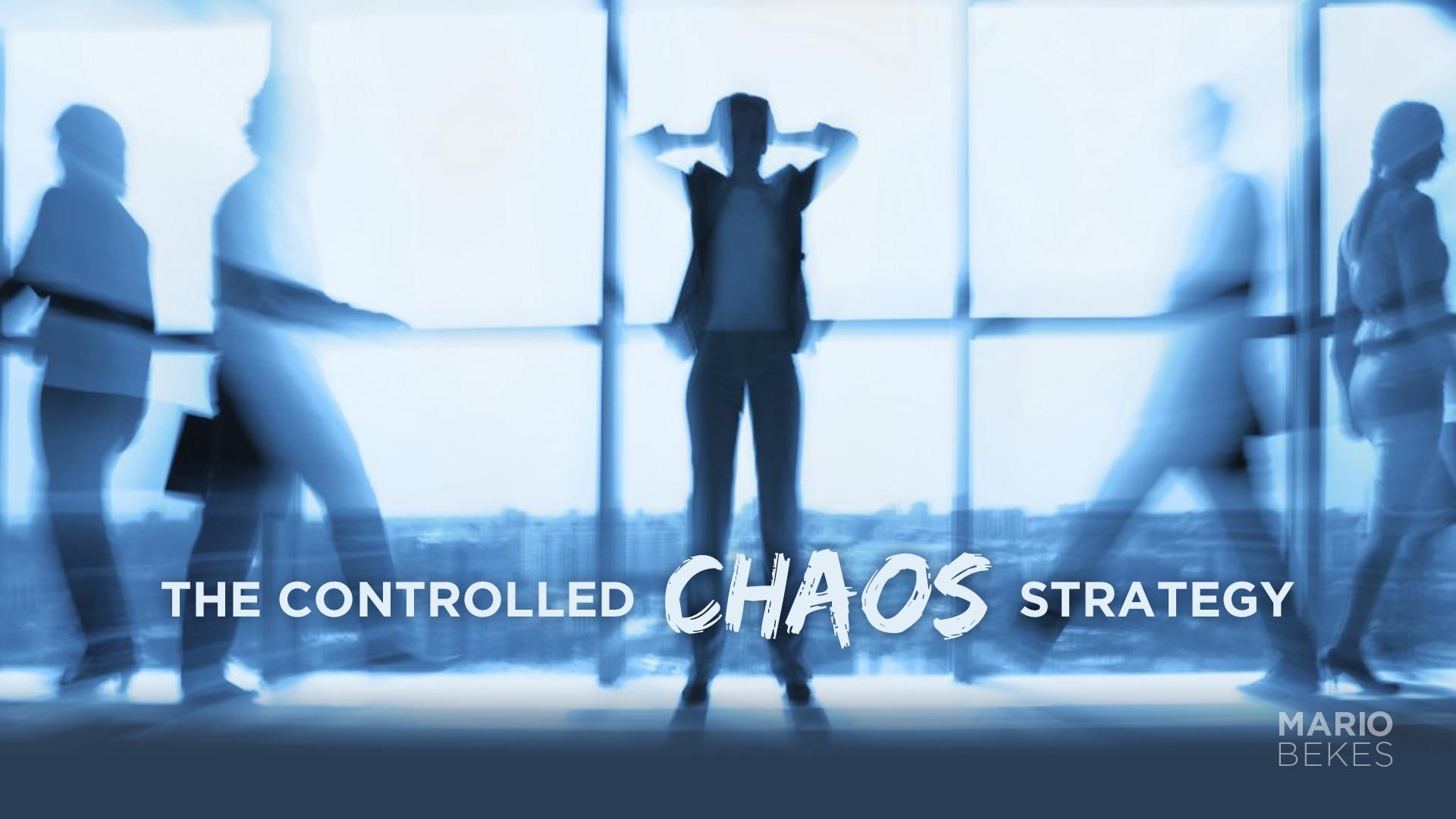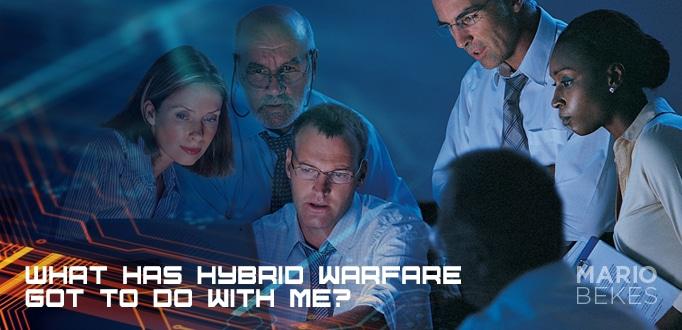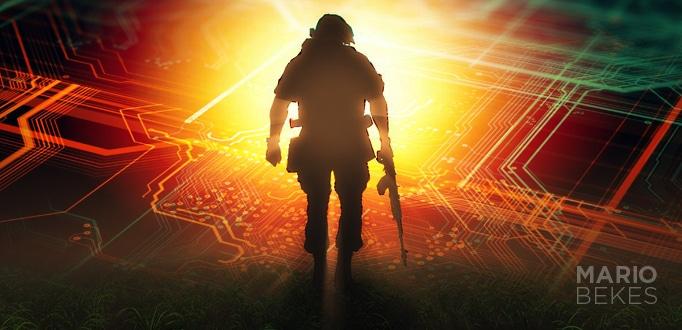Summary
Regardless of the cause, Corporate Risk Management is failing in the COVID-19 crisis and corporations need to be better prepared for Hybrid Warfare.
Hybrid Warfare is a mix of conventional and, non-conventional methods that cross political, economic and social boundaries. These methods include, misinformation, investment strategies, corporate intelligence gathering and cyber infiltrations.
During the ongoing COVID-19 pandemic, most governments and countries have seen obstacles preventing them from functioning fully, with corporations around the world suffering from immediate disruption. Big picture thinking could have predicted the challenges created by a global virus pandemic. After all, this is the seventh coronavirus outbreak stemming from a similar part of the world.
Risk Management Frameworks are designed to expect disruptions, usually calculating risk from geostrategic, political and economic perspectives. Corporations, however, were never prepared for a crisis like the COVID-19 and Hybrid Warfare. When Hybrid Warfare is considered by corporations, the focus is largely on ‘cyber risk’.
“By leveraging state-owned enterprises (SOEs), Chinese technology companies and partnerships with foreign partners—including Western universities—the CCP is building a massive and global data-collection ecosystem.” Engineering global consent, The Chinese Communist Party’s data-driven power expansion Policy brief Report No. 21/2019Dr Samantha Hoffman pp3
China is a communist country, and its citizens are continually educated with a strong patriotic ideology. It is dangerous to underestimate a strong ideology and politically motivated citizens, who will often choose to act for the greater good of their country rather than just their organisation.
For risk managers, protecting information is paramount. Adopting creative thinking to include scenarios such as the COVID-19 pandemic and understanding how to utilise human intelligence, rather than relying on Social Media Intelligence (SOCMINT), Traditional Intelligence and Artificial Intelligence, will highly benefit future corporate strategies and Risk Management Frameworks.
One of the tragedies for many Western corporations is that most of the strategies for preparing and responding to major risks are publicly available for competitors to analyse. The same cannot be said for Chinese corporations and the Chinese government in general.
Why has Corporate Risk Management failed to respond to the COVID-19 and Hybrid Warfare?
Corporations have been unable to recognise the danger and potential of Hybrid Warfare because their risk management processes were formed without a clear understanding for what Hybrid Warfare is.
The COVID-19 pandemic serves as a clear example of Hybrid Warfare and thus, the need for comprehensive risk management both now and into the future. There is a massive debate and range of opinions about the COVID-19 and how the ensuing crisis has transcended social, political and economic borders. Certainly, national economies everywhere are reaching breaking point. Some are failing. The reasons for the current pandemic can only be speculative and ultimately academic. What we do know for sure, is that nations and corporations are being attacked on several fronts, including Psychological Warfare, Legal Warfare, Financial Warfare, and Cyber Warfare.
We may never know the exact truth about how and why the COVID-19 pandemic started.
History tells us pandemics are as old as time. So too is manipulation and propaganda.
“To maintain morale, World War I censors minimized early reports of illness and mortality in Germany, the United Kingdom, France, and the United States. Papers were free to report the epidemic’s effects in neutral Spain, such as the grave illness of King Alfonso XIII, and these stories created a false impression of Spain as especially hard hit. This gave rise to the pandemic’s nickname, “Spanish flu” (Wikipedia 25/03/20)
In the past few months, the novel coronavirus SARS-CoV-2 that emerged in the city of Wuhan, China, has caused a global COVID-19 pandemic. This has resulted in the sudden isolation of a large proportion of the world’s population, thousands of deaths and hundreds of thousands of infected individuals. These numbers are still rising rapidly.
Concurrently with this pandemic, there is ebbing fear and anxiety amongst the population. Regardless of social status, wealth, race and religion, we are all facing the possibility of infection, job loss, and adverse changes to our lifestyle. Curfews and lockdowns are now common across the world, in an effort to prevent the spread of the COVID-19.
Most governments are declaring ‘war’. This is not a typical war, that uses brute force with conventional weapons, but a war against an invisible enemy, the COVID-19. This war requires tremendous sacrifice, both by governments and their citizens. It requires the acceptance of inevitable economic downturn and that fear from uncertainty will exist amongst the people.
It is now up to the world governments, health professionals, historians, and many others to look past the chaos of this pandemic, in an endeavour to learn how, exactly, it started.
The COVID-19 enemy and Hybrid Warfare?
In 1999 Colonels Qiao Liang and Wang Xiangsui published manifesto and translated into English with the not so accurate title “Unrestricted Warfare” (Chao Xian Zhan, literally “War Beyond Rules”) Small Wars Foundation 2010 pp 2.
In a nutshell, this book, War Beyond Rules, was adopted along with the “Peaceful Rise” doctrine by circles of Chinese officials. This prompted China to develop a model of “Three Warfares”. This is basically explained as the reinforcement of political work for media, psychological, legal, financial, and cyber warfare elements, as well as overseas investment. Together these can be defined as Hybrid Warfare.
Terra Incognita – the COVID-19 and Corporate Response to Hybrid Warfare
The world is changing every day in response to the COVID-19 pandemic. Governments are making decisions in an effort to keep the sick alive, support the economy and provide certainty for citizens.
While Western governments are pumping billions of dollars into their economies, businesses are still suffering. This is not because of inferior products or services, but because the global and domestic markets are freezing with uncertainty.
Forecasts from economic analysts are very grim. We will all experience something new, something we were not prepared for at all.
Hybrid Warfare on the world stage is going to continue and probably increase between corporations who are looking for market dominance. In saying this, most businesses are still operating on an ‘ad-hoc’ modus operandi.
Hybrid Warfare is not new. We experience it in the form of misinformation, disinformation and the non-kinetic suppression of activities.
The lesson corporations need to learn is that a new risk management process should be implemented and activated as soon as possible, without waiting for the COVID-19 pandemic to be over.
There are two simple reasons for this, certainty and security. Particularly for employees. They have worked hard to put businesses in the positions they were before the start of this crisis.
When we talk about a risk management process and Hybrid Warfare, it is important to distinguish the key elements of Hybrid Warfare from traditional Warfare such as armed conflict, weaponry, guerrilla Warfare etc.
We talk about Soft Power, Economic Power and Strategic Culture. These are the “Three Warfares” and need to be included in a risk management process, taking into consideration:
- Cyber protection, which includes a corporation’s digital ‘cloud’ and looking at what country your information resides in (e.g. Titan Rain 2003, which crippled the USA and UK government agencies).
- Information Risk Management to prevent and protect from misinformation, disinformation, and theft of information.
- Geostrategic positioning of businesses and plants, suppliers, transport, and communications between all entities. Managing your supply chain has never been more important, or complex.
- Adopting Human Intelligence analysis as part of your risk management processes with the emphasis on strategic intelligence analysis.
- Prevention of manipulation, deception, coercion, and all other elements of sabotage, subversive activities etc. This becomes a greater challenge in times of hardship and vulnerability.
- Having an in-house, tailored PR team and War Room. Do not outsource everything.
- Reducing SOCMINT (social media intelligence) as a source of information, instead using human intelligence for data collection and as a means of managing the intelligence and counterintelligence cycle.
By incorporating these activities into their Risk Management Frameworks, corporations will be equipped to prevent public, employee and supplier mistrust in their capabilities, thus, safeguarding the confidence of all stakeholders during any crises.
The global economic landscape is likely to change significantly after the COVID-19 pandemic is over. Forward-thinking corporations need to act now to ensure they are part of the future and not consigned to the past.
To find out more about how a new Risk Framework can be established to protect you from Hybrid Warfare, contact corporate human and business intelligence expert, Mario Bekes.
Mario Bekes (Managing Director, Insight Intelligence Group) is an intelligence and investigative professional, with a wide range of experience spanning military and civil intelligence in Europe and Australia.
A natural leader, public speaker, published book author, relationship-builder and facilitator with experience in investigative techniques, interrogation methods and corporate human and competitive business intelligence, Mario is driven by providing results.
Over the past 30 years Mario has conducted numerous types of investigations within government sectors including defence and foreign affairs departments, as well as the corporate world. Mario has applied his knowledge, expertise, academic research and training in investigative intelligence and investigative interviewing techniques across Australia and internationally.
mariobekes.local
ABOUT INSIGHT INTELLIGENCE GROUP
Insight Intelligence Group is a privately-owned Australian company founded in 2003. We
provide both corporate and private investigative, surveillance and intelligence solutions.
Insight Intelligence Group has the scale to cover investigation and intelligence needs
nationally and operates like a boutique firm focusing on providing the highest standard of
tailored and personalised services to our clients.
All our staff are qualified, highly trained and experienced in investigative, surveillance and
intelligence solutions. Our experience and the manner in which we engage with our clients
enables us to effectively deliver on your needs.
www.insightintelligence.com.au
